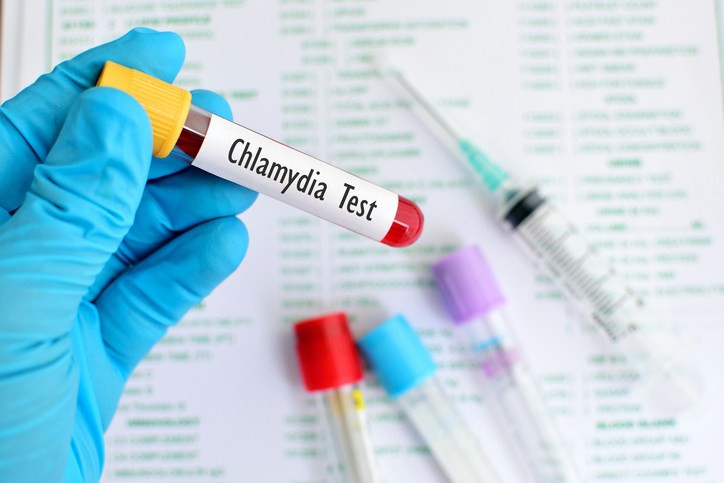Latinos are known to be passionate lovers, but with passion comes responsibility, or at least that’s what should be expected from you and your partner. The fact is that about half of sexually active people will get a sexually transmitted disease (STD) by the age of 25, which is staggering. This is why the American Sexual Health Association launched the Yes Means Test campaign in order to get the word out about the importance of getting tested for STD’s. 
Have you asked your partner if they’ve been tested this year? If you haven’t, you probably should.
The American Sexual Health Association launched the Yes Means Test initiative to remind young people that if you say yes to sexual activity, you also have to say yes to getting tested for STD’s. This campaign is targeting 18 to 24-year-olds; since one in two people will get an STD by the time they turn 25. According to the CDC, the rates of chlamydia and gonorrhea are unprecedentedly high and Hispanics are twice as likely to get these STD’s.
“There’s a lot of education to be had about STD screening because so many of these STD’s don’t have symptoms and it’s important that we educate people about that,” says Dr. Alyssa Dweck, OB/GYN. Getting tested for STD’s is standard care for women in this age group and if you’re sexually active, you should get tested every year during your yearly checkup.
“There is definitely a stigma about getting tested for STD’s because it has a negative connotation and I hope we can change it with this campaign,” she says. The goal of this campaign is to let young women know that testing and treatment is available. This campaign focuses on chlamydia and gonorrhea, but the good part is that when you get tested for STD’s, you’re also getting tested for other sexually transmitted diseases, such as HPV, HIV, and syphilis.
It’s important to be honest with your doctor about your overall health, including your sexual health. If you have a question, concern, or even curiosity, don’t leave the doctor’s office without asking. More than likely, “Your doctor has heard it or seen it before and while somebody might feel embarrassed or uncomfortable bringing the subject matter up, it’s something that should be brought up because it’s important and it’s treatable, many times with antibiotics,” explains Dr. Dweck. It’s important to not hesitate and get tested, especially as a woman because some of these infections can affect infertility down the line.
Help spread the word on social media by sharing this hashtag, #YESmeansTest. To learn more about the campaign or to find a clinic to get tested, visit YesMeansTest.org.
